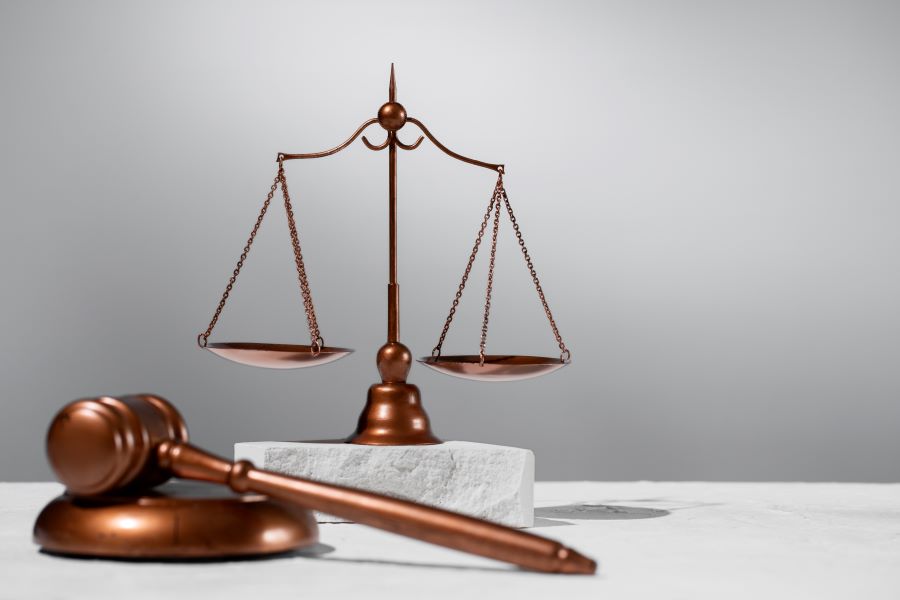Each year, nearly 12,000 children and young adults die due to unintentional injuries.
Navigating personal injury settlements for children and teenagers can be very challenging. If not given proper care, even a minor injury can seriously affect the minor’s emotional and physical health. Therefore, regardless of the small injury, the parents, guardians, or other responsible parties should do everything to protect the minor’s interests.
Your obligations include providing the minor with professional medical care, getting settlement money, and managing the funds in the minor’s best interests once you receive the settlement.
Understanding Personal Injury Settlements for Minors
The difference between personal injury settlement for minors versus adults is that, because of their age, a minor cannot legally file a claim to receive compensation for the harm they suffer. Therefore, the minor’s parent, guardian, or another representative appointed by the court should make a legal claim on behalf of the minor to receive compensation.
Who is Considered a Minor?
In Oregon, children and teenagers under 18 are considered minors. In other states, the age of majority may vary, so it’s important to check specific state laws for accurate information.
How is a Child Injury Case Different Than a Regular Case?
There are several key differences between child injury and regular cases. In case of child injury:
- The law forbids a minor from filing a settlement claim on their behalf. Instead, a parent, guardian, or appointed representative should act on behalf of the minor.
- Many states, including Oregon, give children more time to assert suit than they would grant adults.
- A court approval is required for claims resolved under $25,000.
- Personal injury settlements for minors often take longer and require more financial resources.
The Role of Parents and Guardians in the Settlement Process
The role of a parent or guardian may involve several aspects, from negotiating the settlement to seeking court approval.
To best protect the minor’s interests, the court might also require guardianship (i.e. a form of legal relationship in the scope of which the settlement will be carefully monitored). Whether or not guardianship is required often depends on the settlement amount.
The Process of Securing a Settlement for a Minor
There are several key steps involved in securing a settlement for a minor. A crucial step is to consult with a professional personal injury attorney and get expert advice before making any decisions.
Other important steps include gathering evidence, initiating a dialogue with the at-fault party’s insurance company, petitioning the court for approval, etc.
Initiating the Personal Injury Claim
First, act promptly, as delays in the process might lead to further complications.
When initiating the personal injury claim, gather all the evidence, such as witness statements, visual proofs, medical prescriptions, etc. Then, identify who is responsible for the harm caused and file a claim to the responsible party’s insurance company or a relevant court.
Remember to inform the at-fault party and their insurance company about your action of filing a claim.
Working with a Personal Injury Lawyer
A consultation with a professional personal injury lawyer is crucial before filing any claim. Today, many legal groups offer free consultations to help people in the complex journey of navigating personal injury settlements for minors. The personal injury lawyer will provide insights into your case’s relative strength, the potential amount of collaboration, the relevant laws and requirements, etc.
Contacting Portland personal injury lawyers might help you save significant time and resources when navigating the process.

What is the Court Process for Approving a Minor’s Personal Injury Settlement?
The laws governing personal injury settlements depend on the recovery amount.
- If $10,000 or less: the money may be paid to the guardian, the minor’s parent(s), or the custodian with whom the minor lives. The only exception is when the court chooses to appoint a conservator.
- If $25,000 or less: In case no conservator has been appointed, under Oregon law, a parent or custodian is legally authorized to settle the claim directly against the party at fault.
- If $25,000 or above: In this case, the personal injury lawyer must prove that the money will be safely kept for the minor and not be misused by anyone else. This case also requires a conservator, and the conservatorship requires a structured settlement format.
Structured Settlements vs. Lump Sum Payments
There are two main types of personal injury settlements for minors: lump sum and structured settlements.
Lump sum payments are more common than structured settlements.
In the case of lump sum settlements, the victim receives their entire compensation in a one-time payment.
In the case of structured settlements for minors, the affected party gets several smaller payments over time.
A personal injury lawyer for minors will help you determine which type of settlement best suits the intricacies of your case.
Establishing a Special Needs Trust
Establishing a Special Needs Trust is creating a legal arrangement in which an individual can transfer assets into a trust managed for the benefit of an individual with a disability.
It enables the beneficiary to receive financial support to fulfill their needs without negatively affecting their eligibility for government benefits.
Statute of Limitations for Personal Injury Claims Involving Minors
There are two main rules of thumb for children under 18.
Minors have until their 19th birthday to file a claim one year after they turn 18. Alternatively, they can file up to seven years from the date of the accident, which consists of the standard two-year limit for personal injury claims plus an additional five years because they were a minor at the time of the injury.
In the case of claims against government entities, the two-year time limit is not delayed, no matter how old the minor is at the time of the injury.
Effects on Future Legal Rights
Once the court approves a child injury legal settlement, it generally becomes binding. This means the minor might be unable to pursue additional legal steps regarding their injury when they become adults.
Contact our skilled personal injury lawyers to better understand the settlement’s implications on your minor’s future legal rights.
The Importance of Legal Representation
Regardless of the types of personal injury cases, legal representation is important in all steps of navigating settlements of personal injury for minors. Whether it is determining the right amount of compensation, choosing between the different settlement structures, establishing a Special Needs Trust, or navigating the complexities of the future, professional legal representation might significantly help in meeting your legal needs.
Minors are often physically, emotionally, and financially more vulnerable than adults. They need proper protection not only from the physical harms of the accident but also from the complex, emotionally tiring bureaucracies of the legal process for minor settlements.
Therefore, it is crucial to provide minors with all the necessary medical and legal support to navigate the aftermath of the accident in the least stressful way.





